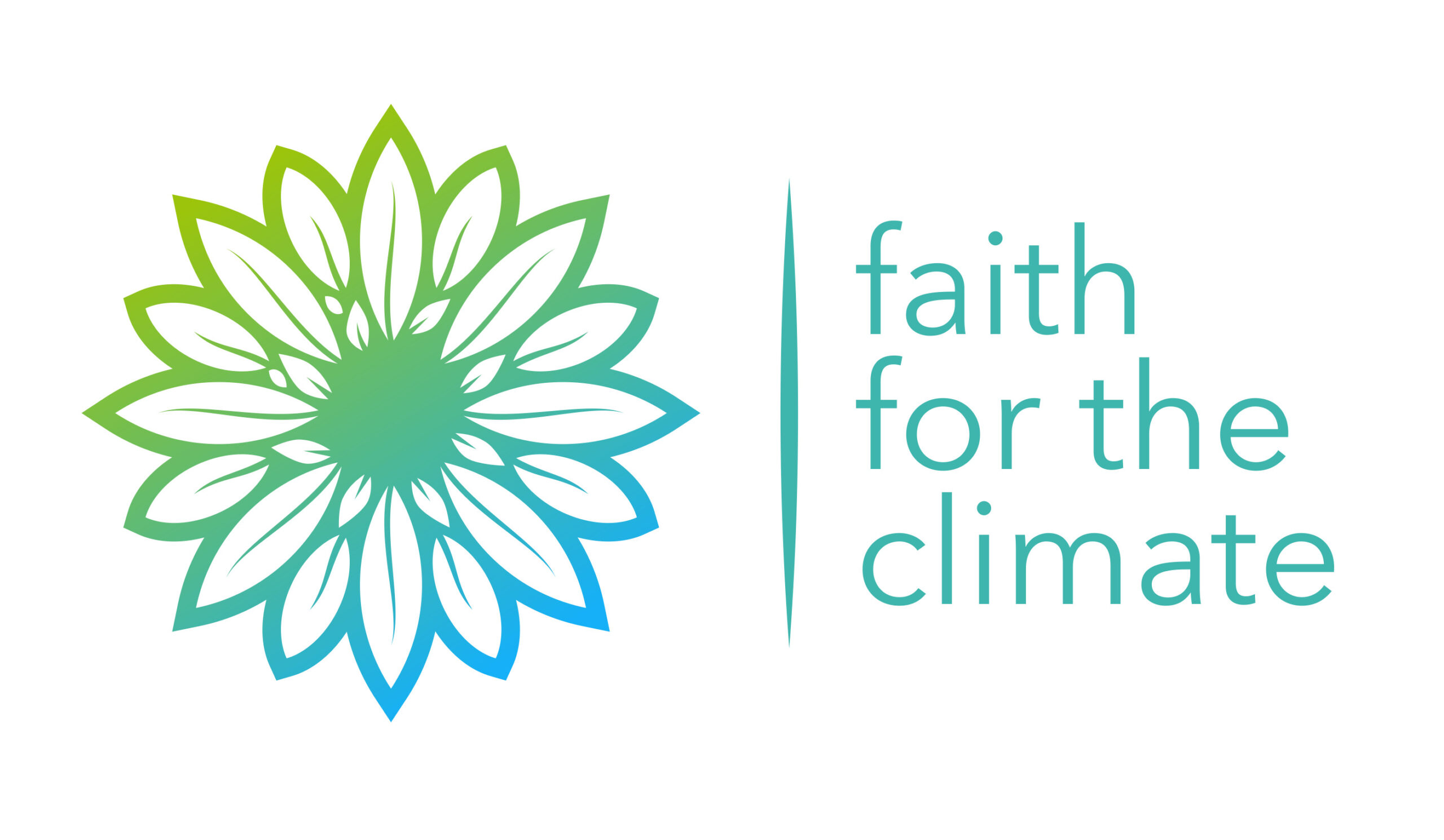Green Ramadan in lockdown

With the Covid-19 crisis adding intensity to the holy month of Ramadan this year, Muslim climate activists have been organising events to allow the environment a special place in the reflections and prayers of the faithful.
FFTC’s network member The Bahu Trust issued “10 Tips for a Green Ramadan at Home”, including suggestions such as reciting the Qu’ran in nature and using less water in pre-prayer ablutions. The Bahu Trust also ran a special Green Ramadan webinar available in full online, exploring the links between Ramadan, coronavirus and the climate emergency. The event featured Sarah Joseph OBE, founder of emel Media; imam and researcher Hafiz Dr Ather Hussain al Azhari; Alessandra Palange of Extinction Rebellion Muslims; and Kamran Shezad of The Bahu Trust, also FFTC’s Outreach Lead.
Kamran explored Ramadan as experienced by the Prophet Muhammad. While lavish iftar meals after sunset, with family and friends, have become commonplace among many Muslims now, Kamran shared how the Prophet spent this month in complete “self-isolation”, with very simple meals before dawn and after sunset. The Prophet also deepened his worship and reflection while surrounded by nature. “We have some opportunity now to put ourselves in that same scenario,” said Kamran. “I think it’s safe to infer from this that there is a huge deepness and importance in the relationship between the Prophet Muhammad (peace be upon him), Ramadan, isolation, and the environment.”
Ather Hussain also highlighted these resonances during the webinar, pointing out the way the environment has been purified during lockdown, just as Ramadan is intended to purify the human heart. “The ultimate purpose of Ramadan is appreciation and thanks… It’s almost ironic that the lockdown has unlocked so many things in our hearts, not least the ability to appreciate, to say thank you, to show a sense of gratitude to the people around us once again.”
Meanwhile, Alessandra (also known as Safiyah) reminded everyone that we live in an unsustainable culture, and to take small and manageable steps, viewing progress as a journey. She quoted a teaching from the Prophet: “Take up good deeds only as far as you are able, for the best deeds are those done regularly, even if they are few.” Finally, Sarah highlighted that the pain and suffering caused by the pandemic was deeply connected to issues of inequality. “For me, one of the chief lessons for Ramadan should always be about social justice,” she said. “The month in my mind is a resistance to consumerism, and reminds us of the needs of the poor.”
This was just one of several deeply meaningful events held during this holy month. Extinction Rebellion Muslims have been offering weekly “Pause for the Earth” talks during Ramadan, taking place every Tuesday at 6pm on Zoom with a wide range of speakers. Each event comprises two presentations – a 5-minute reflection from the Qu’ran and a Q&A session. The final event on 19 May will feature Fazeela Mubarak, environmental conservationist; Ahlyah Ali and Munadiah Aftab, youth climate activists; and Mirfat Sulaiman.
Another special opportunity was a series of “online iftars” organised by the new Sustainability Team at the Muslim Council of Britain. The events aimed to bring people together while highlighting Islamic perspectives on sustainability, along with practical ideas and experience for repairing our relationship with the natural world. Their webpage states that “environmental sustainability is at the core of Islam” and quotes The Prophet: “Do not waste water, even if you were at a running stream.”
IFEES (the Islamic Foundation for Ecology and Environmental Science) or Eco-Islam has also been offering online masterclasses on Tuesdays at 6pm by its founder, Dr Fazlun Khalid. The organisation seeks to serve humanity by offering environmental research, to inform fellow Muslims about the environment, and to develop awareness of the teachings of Islam on ecology. In addition to its Islamic Declaration on Global Climate Change, which recalls Muslims’ role as stewards of the Earth, IFEES has issued a message on Covid-19 calling for us to reflect on what we have learned from the pandemic.
Shanon Shah, FFTC Interim Network Coordinator, says that this burst of online gatherings, both climate and non-climate related, has made Ramadan especially unique for him, too. “Oddly, I’ve felt a greater sense of community when I’ve attended online zikir (Divine remembrance) and halaqah (Qur’an study circle) sessions. Sometimes it’s just been plain fun, like when a group of close Muslim friends scattered around London, Manchester and Bristol invited me to join a Zoom escape room before iftar last Sunday. It was a hoot. All the while, though, I’m remembering to focus my prayers and actions on those who continue to be vulnerable and disproportionately exposed to the pandemic because of social inequalities. This balancing of gratitude, presence and commitment to social justice also motivates my work on climate action.”
This Ramadan, the pandemic also offers a unique opportunity for non-Muslims to relate more closely to the experience of those observing the holy month. Thanks to lockdown, we have all experienced food insecurity, enforced isolation, and a call to serve our communities to some extent. We wish a peaceful and meaningful Ramadan to all our Muslim network members, and join their prayers for a more just and healthy planetary future.
